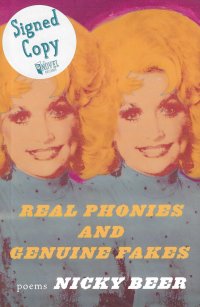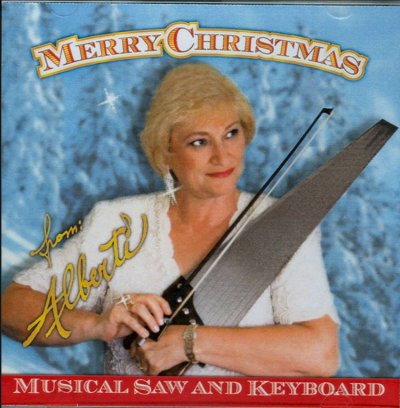 I bouught this book last week at the Novel Neighbor in Old Trees, Missouri, when I traveled to St. Louis (the actual city, gentle reader, not The St. Louis Area which is safer and saner). The Novel Neighbor is not my favorite St. Louis area bookstore–it was not there when I lived in Old Trees, and most of the book stores I knew from that era but fourteen years ago are gone now and new ones, like the Novel Neighbor and the new Webster Groves Book Shop, have spring up. The Novel Neighbor is a bit more progressively themed, so I prefer the Webster Groves Book Shop because it has a better local interest/local authors section. But I stopped at the Novel Neighbor first since it was closer to my hotel only to discover that the Webster Groves Book Shop closed at 4pm–and my stop at the Novel Neighbor put me past that time. Ah, well.
I bouught this book last week at the Novel Neighbor in Old Trees, Missouri, when I traveled to St. Louis (the actual city, gentle reader, not The St. Louis Area which is safer and saner). The Novel Neighbor is not my favorite St. Louis area bookstore–it was not there when I lived in Old Trees, and most of the book stores I knew from that era but fourteen years ago are gone now and new ones, like the Novel Neighbor and the new Webster Groves Book Shop, have spring up. The Novel Neighbor is a bit more progressively themed, so I prefer the Webster Groves Book Shop because it has a better local interest/local authors section. But I stopped at the Novel Neighbor first since it was closer to my hotel only to discover that the Webster Groves Book Shop closed at 4pm–and my stop at the Novel Neighbor put me past that time. Ah, well.
At the Novel Neighbor, I stopped by the poetry section, and this volume, a signed copy, faced out, so I picked it up and flipped it open. The first poem I encountered was “Marlene Dietrich Plays Her Musical Saw For The Troops, 1944”. As you might know, gentle reader, I am a sucker for a good musical saw.

(Full disclosure: Alberti is a friend of mine–she is the mother-in-law of my last best friend who has been dead, what, seven years now? But she has been a resident of Springfield for a long time, and when we all had dinner at her home more than seven years ago, she actually pulled out a saw and played it for us along with piano and flute duets with her daughter, and Alberti pointed out that to play a saw, you want an older saw, not one you can buy at a hardware store now with a hole in it to hang it up because that alters the sound.)
Wait, where was I? Oh, yes, buying this book. I flipped through a couple of other books on the progressively themed poetry shelf, but nothing appealed to me more than this book, so it’s what I bought. And it’s the only thing I bought that Wednesday afternoon, so that’s the reason you did not see a Good Book Hunting post from that time, gentle reader. I read most of the book the next day in a series of hospital waiting rooms and polished it off when I got home, and…. I liked it.
Now, to be honest, the first poem is “Drag Day at Dollywood”, and something in the next couple of poems made me wonder, How progressive is this poet? So I flipped to the back of the book, to the About the Author bit, and the author identifies herself as a bi/queer writer. The poet identifies herself thus first, which is unfortunate, as the she is a poet first and foremost.
I mean, the poems do include some references to gender/sexuality in the “bi/queer” sense, but thematically, it fits into questions of identity: Who am I? Is there something wrong with me? The poems question these themes very well outside of the politicized context of bi/queer/gender/sexuality.
I mean, the lines are long enough to develop thoughts, images, and metaphors (although I’m not sure about the line breaks). The poet, get this, uses evocative language and imagery to initiate a response in the reader instead of just declarative statements to tell the reader what’s on the poet’s mind.
Maybe I need to read better poetry than the grandmother poetry or the bad chapbooks I read, but this poet should be offended if I compare her to Rupi Kaur or Pierre Alex Jeanty, two other 21st century poets I’ve read recently. So I won’t. Ach, I even had a thought–this poet might be better than I am.
But she’s no Edna St. Vincent Millay. None of us are, although maybe Neo comes close.


